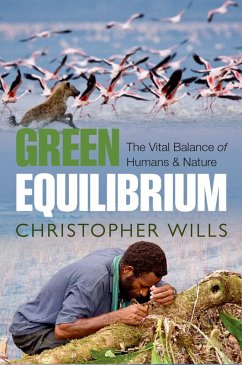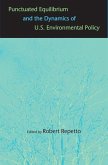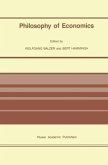In Green Equilibrium, Christopher Wills explains the rules by which ecosystems maintain a diversity of interdependent species, in particular the balance of predators and prey. Wills is both an eminent academic and a hugely experienced field-biologist. In presenting the concept of 'green equilibrium', he draws on a fascinating range of examples, including coral reefs off the densely populated Philippines, the isolated and densely forested valleys of Papua New Guinea, the changing Himalayan kingdom of Bhutan, and a Californian ranch being allowed to return to a wild state. In each case he assesses the impact of modern changes and attempts at conservation on these delicately balanced ecosystems. Wills shows how human populations, too, are an integral part of the picture. We now know from genetic evidence that over the course of history, as humans spread out of Africa, populations adapted as a result of environmental conditions. Striking new evidence indicates that some human populations carry genes from past encounters with other hominids (Neanderthals and Denisovans), as well as genetic adaptations to local hazards such as malaria. Wills argues that the most effective approaches to conserving green equilibria come out of evolutionary insights, and from close involvement of the local communities who have lived and adapted to them.
Dieser Download kann aus rechtlichen Gründen nur mit Rechnungsadresse in A, B, BG, CY, CZ, D, DK, EW, E, FIN, F, GR, HR, H, IRL, I, LT, L, LR, M, NL, PL, P, R, S, SLO, SK ausgeliefert werden.









